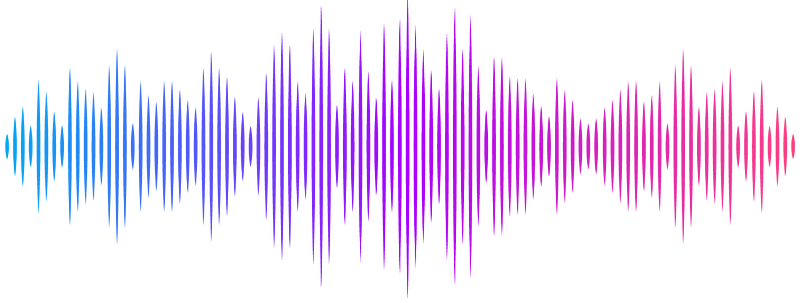Mitochondria-derived Vesicles mediate Mito-nuclear Trafficking of Cargo

Mitochondria-derived Vesicles mediate Mito-nuclear Trafficking of Cargo
Rajeev, T.; Shil, D.; Bhattacharjee, S.; Ramesh, L.; Samuel, V.; Nair, N. Y.; Marib, A.; Jayakumar, M.; Surendran, A.; Sundararaman, A.
AbstractMito-nuclear communication is key to cellular homeostasis. Metabolites from TCA cycle, calcium, ROS and other small molecules are known to mediate retrograde signalling of mitochondria to the nucleus. Recently, the direct transfer of mitochondrial proteins to the nucleus has been described. However, the mechanism for direct transfer of mitochondrial protein complexes to the nucleus is not understood. In this study, we demonstrate the transit of mitochondrial proteins to the nucleus through mitochondria-derived vesicles (MDVs) which represents a novel intracellular trafficking route. Following an unbiased proteomic approach to detecting cargo proteins in cardiac MDVs, we screen for the presence of MDV cargo in the nucleus. Pyruvate dehydrogenase complex (PDH) and Cytochrome c oxidase subunit IV isoform 1 COX4I1 are packaged into MDVs in cardiomyocytes but only PDH is targeted to the nucleus in this cell type demonstrating that a subset of cargo-selective MDVs fuse with the nucleus. MDV budding and the subsequent nuclear delivery of PDH is actin dependent in cardiomyocytes. Further, several mitochondrial stresses that are known to increase MDV generation triage these MDVs to other cellular destinations thereby reducing the nuclear pool of PDH. The transit of PDH through MDVs to the nucleus is a basal physiological process in cardiomyocytes. Mito-nuclear trafficking thus represents a physiological pathway in cardiac cells to enable cargo shuttle from mitochondria to the nucleus.
